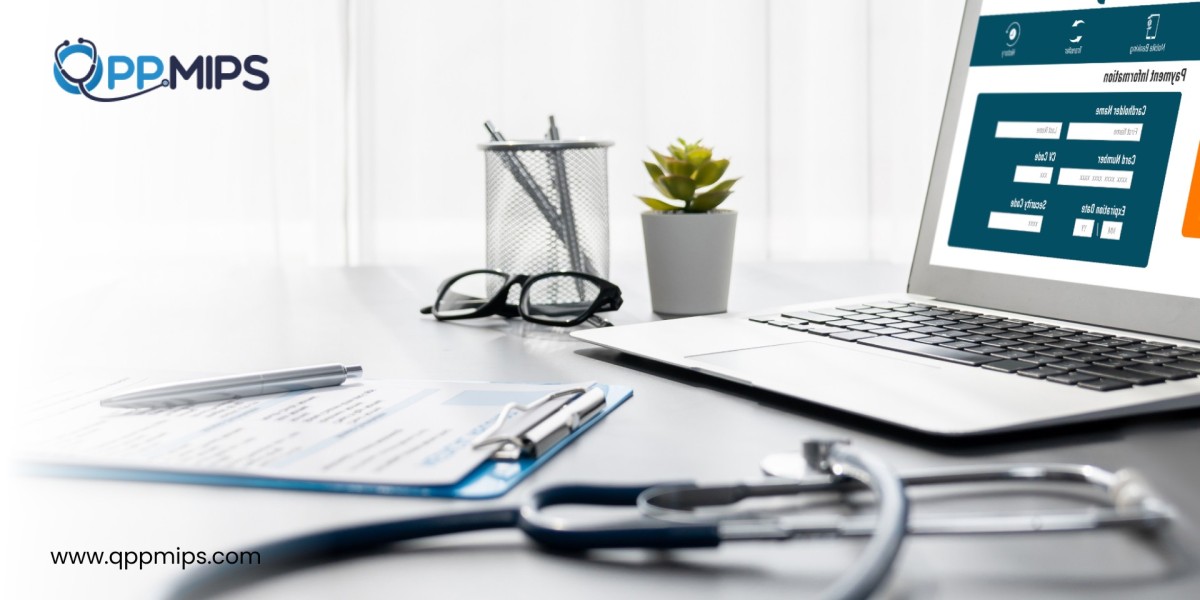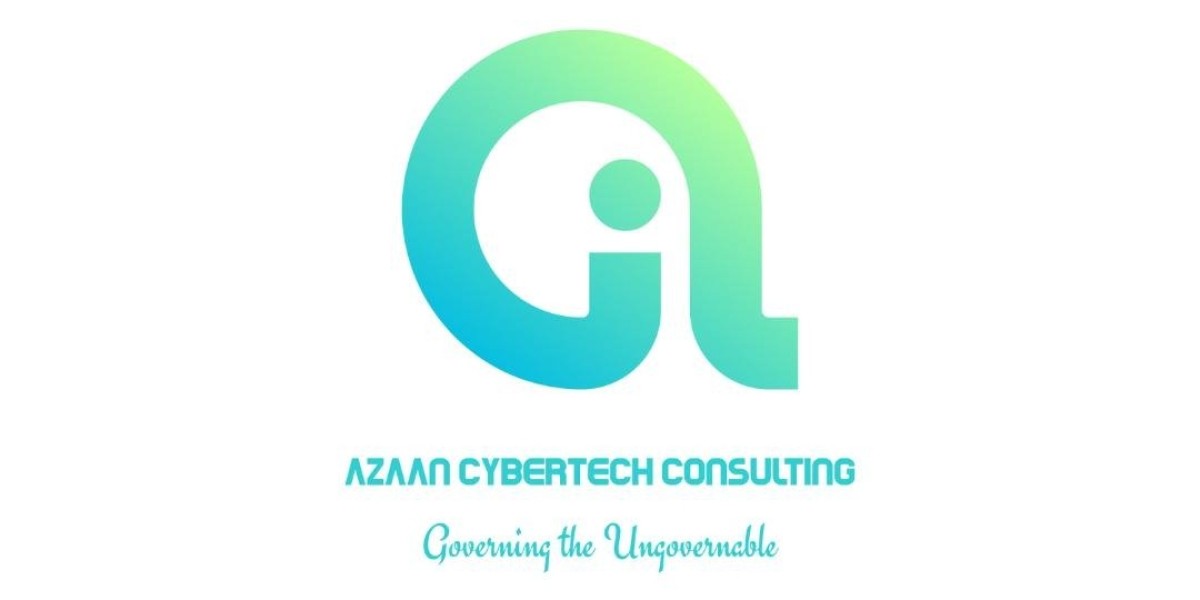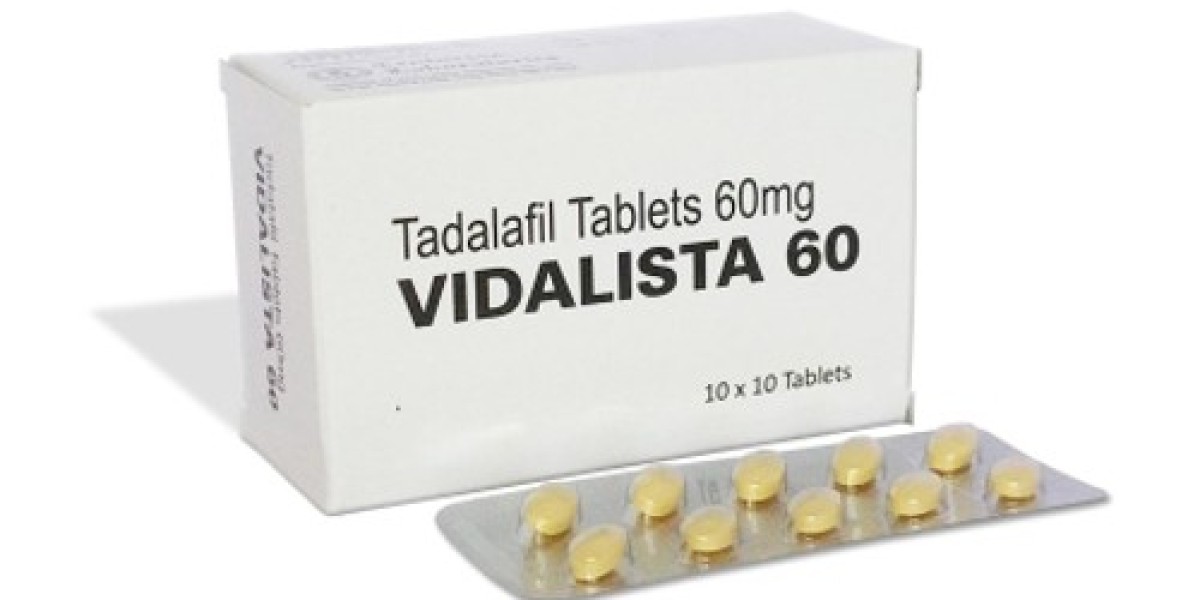The introduction of MIPs 2024 has been met with both anticipation and anxiety among healthcare practitioners. Doctors, nurses, surgeons, and other healthcare providers are facing new challenges that come with this updated version of the Merit-based Incentive Payment System.
As healthcare professionals navigate this changing landscape, understanding their fears, goals, and potential solutions is essential for adapting effectively. This article will explore these issues and highlight how medical billing services can help ease the transition to MIPs 2024.
What Are the Main Fears of Healthcare Practitioners Under MIPs 2024?
Healthcare practitioners are not without concerns when it comes to MIPs 2024. The program is designed to improve healthcare quality, reduce costs, and incentivize performance, but it also places additional pressure on providers. Below are some of the most significant fears faced by healthcare professionals under the new regulations.
a. Complex Reporting Requirements: A major concern for healthcare practitioners is the complexity of reporting under MIPs 2024. The reporting requirements have become more detailed, and the risk of not meeting the standards has increased. This creates fear of penalties and reduced reimbursement rates for practitioners who fail to submit the correct data on time.
b. Financial Penalties: MIPs 2024 ties performance measures directly to payment adjustments. Healthcare professionals are worried that their reimbursement rates could be significantly reduced if they do not meet the performance standards set by the program. This financial impact could be particularly burdensome for small practices.
c. Administrative Burden: The administrative workload associated with MIPs 2024 is a pressing concern for healthcare providers. Doctors and nurses are already overwhelmed with patient care duties, and the added responsibilities of reporting, tracking, and meeting MIPs 2024 requirements can lead to burnout and job dissatisfaction.
d. Technological Challenges: Healthcare providers also fear the technological changes required to comply with MIPs 2024. Many practices need to upgrade their systems, such as Electronic Health Records (EHR), to ensure they meet reporting requirements. The costs and time commitment involved in making these technological transitions are often seen as daunting.
What Are the Goals of Healthcare Practitioners Under MIPs 2024?
While the new rules present challenges, they also provide an opportunity for healthcare practitioners to improve their practices and patient care. The goals that healthcare providers aim to achieve under MIPs 2024 revolve around improving quality, efficiency, and financial stability.
a. Improve Patient Care: The overarching goal of MIPs 2024 is to improve healthcare quality, and many practitioners are committed to meeting this goal. By improving patient outcomes, reducing readmissions, and enhancing patient safety, healthcare professionals can align with MIPs 2024’s focus on improving care.
b. Maximize Financial Incentives: Another key goal is to capitalize on financial rewards. Under MIPs 2024, healthcare practitioners can receive positive payment adjustments for high-quality performance. Providers are eager to meet the criteria to avoid penalties and potentially receive a financial boost that can support their practice's sustainability.
c. Streamline Operations: Many healthcare professionals are also aiming to streamline their practice’s operations to reduce administrative burden and improve efficiency. The implementation of efficient workflows, including the use of medical billing services, can help reduce the strain of meeting MIPs 2024 reporting requirements.
d. Stay Ahead of Technological Changes: The goal of embracing technological advancements is another important focus for healthcare practitioners. By integrating updated software and tools, providers aim to improve the accuracy of their reporting and enhance patient care through more effective data management.
How Can Healthcare Practitioners Address Their Fears and Achieve Their Goals?
Although MIPs 2024 presents a range of challenges, there are several solutions that healthcare providers can employ to address their fears and achieve their goals. These solutions can help ease the transition and improve a practice's chances of success under the new system.
Rely on Medical Billing Services: One of the most effective solutions for addressing the administrative burden and complexity of MIPs 2024 is to outsource medical billing services. Professional medical billing services help healthcare practitioners navigate the complex reporting requirements, ensuring that all submissions are accurate and on time. By outsourcing billing responsibilities, healthcare providers can focus more on patient care and less on paperwork, reducing the risk of penalties and errors.
b. Implement Advanced EHR Systems: To meet MIPs 2024 reporting requirements, healthcare practitioners should invest in robust EHR systems that can capture and report necessary data accurately. Advanced EHR solutions can help practices automate data collection, improve reporting efficiency, and ensure that they meet the program’s requirements. These systems can also improve patient care by providing practitioners with easy access to patient histories, treatment plans, and outcomes.
c. Invest in Staff Training: To ensure smooth adoption of MIPs 2024 requirements, healthcare practitioners must prioritize continuous staff training. Ensuring that both clinical and administrative staff are fully trained on the new regulations will prevent errors and ensure a smoother transition. Training should cover the technical aspects of MIPs 2024, as well as the use of software and tools for data collection and reporting.
d. Collaborate with Experts: Healthcare practitioners can collaborate with experts who specialize in MIPs 2024 to receive guidance on how to achieve the program’s goals. Whether it’s hiring consultants or working with a trusted medical billing service, healthcare providers can gain valuable insights into optimizing their practice for success under the program. These experts can help practitioners design strategies for improving quality, meeting reporting standards, and achieving financial incentives.
e. Monitor and Adjust Performance: Healthcare practitioners must continuously monitor their performance and adjust their practices accordingly. Using tools that track performance measures and identify areas for improvement will help providers stay on track and avoid penalties. Regular evaluations of key metrics will also ensure that practitioners remain aligned with MIPs 2024’s evolving requirements.
Who Can Help Healthcare Practitioners Succeed Under MIPs 2024?
To successfully navigate MIPs 2024, healthcare practitioners need the support of reliable partners who understand the intricacies of the program. Professional medical billing services can be essential in helping practices maintain compliance and improve performance. QPP MIPS, for example, is dedicated to assisting healthcare providers with MIPs 2024 reporting, ensuring they meet all necessary criteria and avoid penalties.
With QPP MIPS’s expertise, healthcare practitioners can focus on providing high-quality care while leaving the complexities of MIPs 2024 compliance to the professionals. QPP MIPS offers tailored solutions that streamline the reporting process, making it easier for practitioners to achieve success under the program.
When Should Healthcare Practitioners Start Preparing for MIPs 2024?
Preparation for MIPs 2024 should begin as early as possible. Healthcare providers should start familiarizing themselves with the new requirements well in advance to avoid rushing at the last minute. By implementing necessary changes early and seeking guidance from experts, healthcare practitioners can ensure a smooth transition into the program and set themselves up for long-term success.
Conclusion
While MIPs 2024 presents several challenges for healthcare practitioners, it also provides opportunities for improvement in patient care, financial incentives, and practice efficiency. By addressing their fears and implementing solutions like relying on professional medical billing services, healthcare providers can meet the program’s requirements while maintaining high standards of care.
Embracing technology, seeking expert support, and focusing on continuous improvement will enable healthcare practitioners to navigate MIPs 2024 successfully.
For more information on how we can help you navigate MIPs 2024
Call us at: (888) 902-1035
Email us: info@qppmips.com
Visit our website: https://qppmips.com
Read more: Is Prior Authorization Criterion Doing More Harm Medical Billing Services









